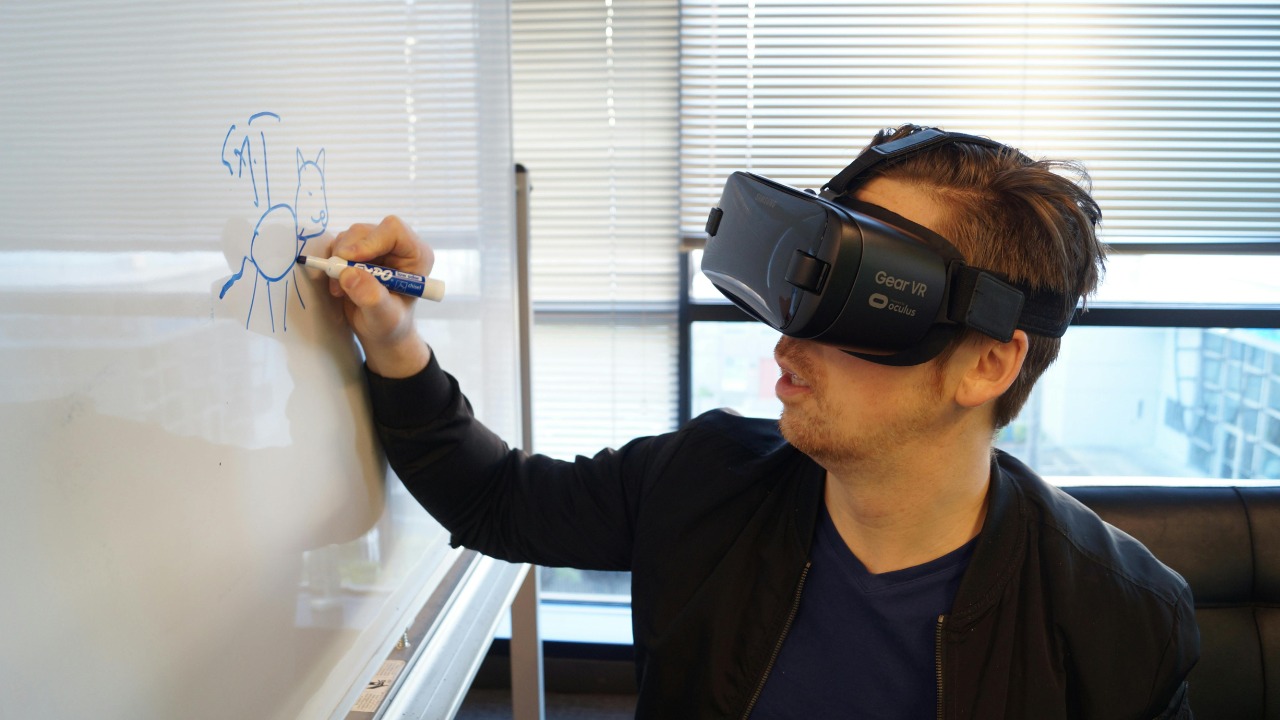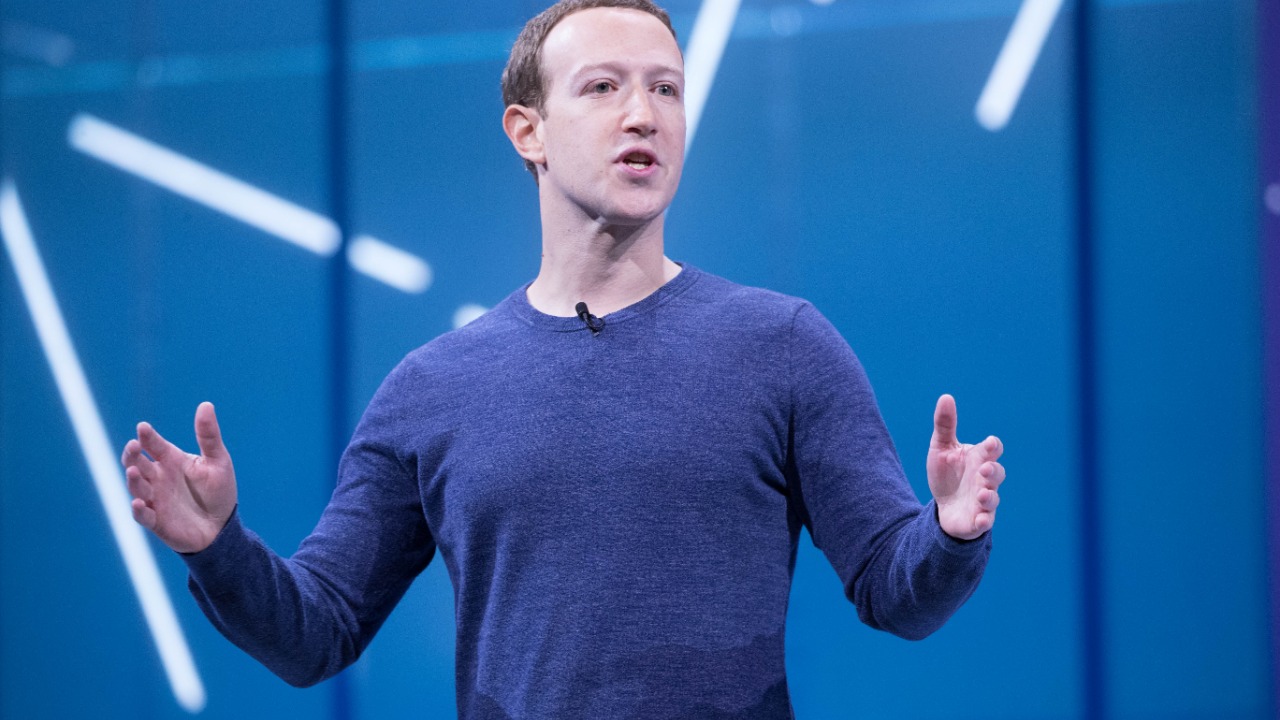
The metaverse, once dismissed as a passing fad, is experiencing a resurgence, drawing attention from tech giants, investors, and consumers alike. This new momentum is fueled by technological advancements, cultural shifts, and innovative applications that are redefining how we interact with digital spaces. We explore the factors contributing to the metaverse’s revival and its implications for the future.
Technological Advancements Driving Metaverse Growth

Advancements in Virtual Reality (VR) and Augmented Reality (AR) are at the forefront of making the metaverse more immersive and accessible. Recent developments in VR headsets, such as the Meta Quest 3 and the HTC Vive Pro 2, have significantly improved the quality of visual and interactive experiences. These devices offer higher resolution, better field of view, and enhanced comfort, allowing users to engage more deeply in virtual environments. The software has also evolved, with platforms like Unity and Unreal Engine providing robust tools for developers to create lifelike 3D worlds.
Blockchain technology is another driving force in the metaverse’s growth, fostering decentralized platforms that empower users and creators. By enabling secure transactions and ensuring ownership of digital assets, blockchain solutions like Ethereum facilitate the creation of decentralized applications (dApps). These applications allow users to trade digital assets and experiences seamlessly, enhancing the metaverse’s appeal. Moreover, the advent of Non-Fungible Tokens (NFTs) has further cemented blockchain’s role, offering a way to authenticate and monetize digital art and collectibles.
The rollout of 5G networks globally has revolutionized internet connectivity, providing the high-speed and low-latency bandwidth necessary for the metaverse to thrive. With 5G, users can experience real-time interactions on a global scale, supporting complex applications and interactions that were previously impossible. This technological leap enables seamless streaming of high-quality VR content and supports the growing number of users engaging with virtual spaces simultaneously.
Cultural Shifts and Increased Demand

The shift towards remote and hybrid work environments has led to an increased demand for virtual collaboration tools and digital spaces. As companies adopt flexible work models, the need for innovative solutions to facilitate communication and collaboration has grown. Platforms like Gather and Spatial offer virtual offices where teams can meet, brainstorm, and collaborate in immersive settings, making the metaverse a natural extension of the workplace.
The cultural trend towards digital ownership is exemplified by the rise of NFTs, which have captured the imagination of artists and collectors alike. The popularity of platforms such as OpenSea and Rarible highlights the burgeoning interest in owning unique digital assets, further fueling the metaverse’s growth. This trend is particularly appealing to younger generations who value digital interactions and are comfortable engaging with virtual platforms like The Sandbox and Decentraland.
Younger generations, often referred to as digital natives, are driving the adoption and evolution of metaverse platforms. These individuals have grown up with technology as an integral part of their lives, making them more comfortable with digital interactions. Their enthusiasm for social platforms like Roblox and Fortnite highlights the demand for engaging, interactive digital environments, positioning the metaverse as a space for creativity and socialization.
Economic Opportunities and Market Expansion

Significant investments from tech giants and innovative startups are fueling the rapid development and expansion of the metaverse. Companies like Meta, Microsoft, and Epic Games are pouring billions into creating more advanced and interconnected virtual worlds. This influx of capital is fostering an ecosystem of innovation, encouraging smaller startups to develop niche applications and services within the metaverse, thereby expanding its reach and functionality.
The emergence of new business models and revenue streams is creating vast economic opportunities within the metaverse. Virtual real estate, for instance, has become a lucrative market, with platforms like Decentraland allowing users to buy, sell, and develop virtual land. Similarly, digital goods marketplaces are flourishing, offering everything from virtual fashion to exclusive digital collectibles. These models are generating substantial revenue, attracting entrepreneurs and investors eager to capitalize on the metaverse’s potential.
Brands are increasingly leveraging the metaverse for marketing and advertising, crafting immersive experiences that captivate consumers in novel ways. Companies like Nike and Gucci have launched virtual stores and events, engaging users through interactive and personalized experiences. This innovative approach to marketing not only enhances brand visibility but also opens up new avenues for monetization through sponsorships and advertising within virtual environments.
Challenges and Ethical Considerations

Despite its promising growth, the metaverse faces significant challenges concerning privacy and data security. As users spend more time in virtual spaces, the volume of personal data generated increases, raising concerns about how this data is collected, stored, and used. Ensuring robust security measures and transparent data policies are crucial for building trust and safeguarding user privacy in metaverse environments.
The risk of exacerbating the digital divide is another pressing issue, as access to the necessary technology and connectivity remains uneven globally. To ensure that metaverse technologies are inclusive, efforts must be made to provide affordable access and develop user-friendly platforms that cater to diverse populations. This will require collaboration among governments, tech companies, and NGOs to bridge the gap and make the metaverse accessible to all.
The ethical implications of virtual interactions also warrant careful consideration. Issues such as identity representation, user behavior, and the potential for digital addiction must be addressed to create safe and inclusive virtual spaces. Establishing guidelines and best practices for virtual interactions can help mitigate these concerns, fostering a positive and healthy metaverse experience for all users.
Future Prospects and Vision for the Metaverse

The potential for the metaverse to integrate with real-world applications presents transformative opportunities across various sectors. In education, virtual classrooms can provide immersive learning experiences, while in healthcare, virtual consultations and therapy sessions can improve access to care. Urban planning can also benefit from virtual simulations, allowing for more efficient and sustainable development projects.
Developing cross-platform interoperability is essential for enhancing user experience and engagement in the metaverse. By enabling seamless transitions between different metaverse platforms, users can enjoy a more cohesive and interconnected digital experience. This interoperability will also encourage innovation, as developers collaborate to create compatible systems that enrich the overall metaverse ecosystem.
Looking ahead, the long-term vision for the metaverse involves continuous technological innovation and evolving societal impacts. As technologies like AI and machine learning become more integrated, the possibilities for creating dynamic and responsive virtual worlds expand. The future of the metaverse holds the promise of reshaping digital landscapes, offering new ways for people to connect, create, and collaborate in an ever-evolving digital frontier.